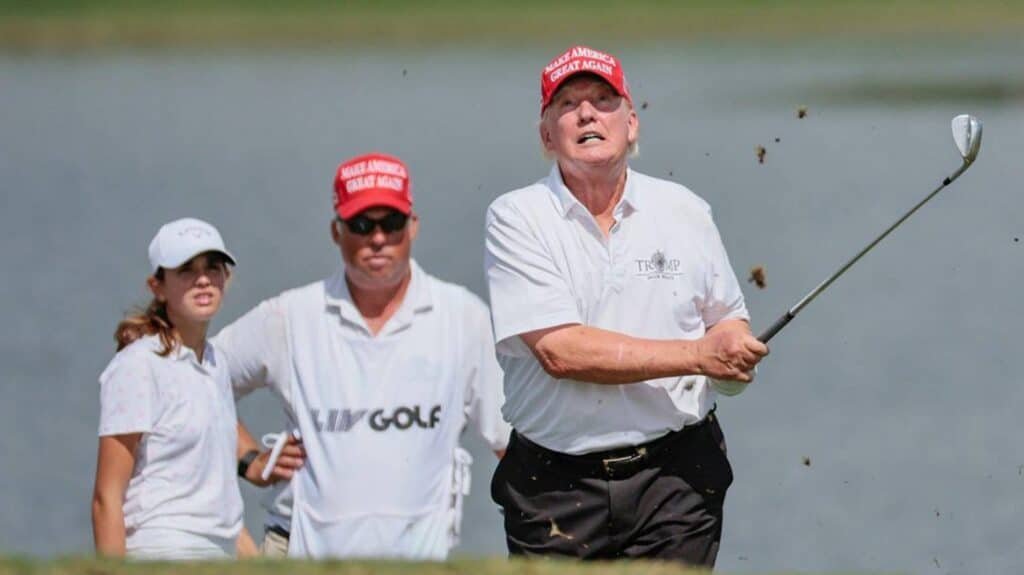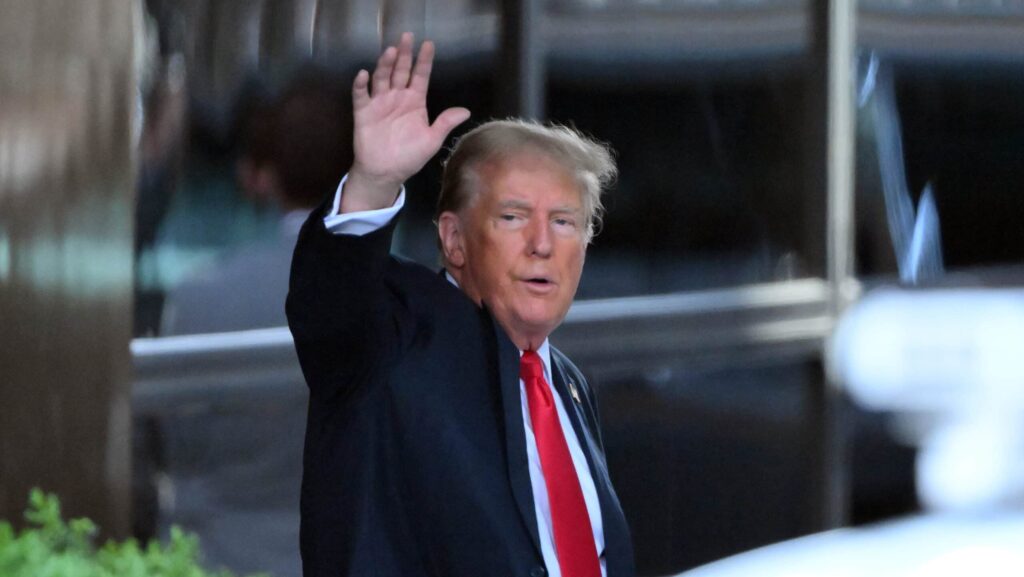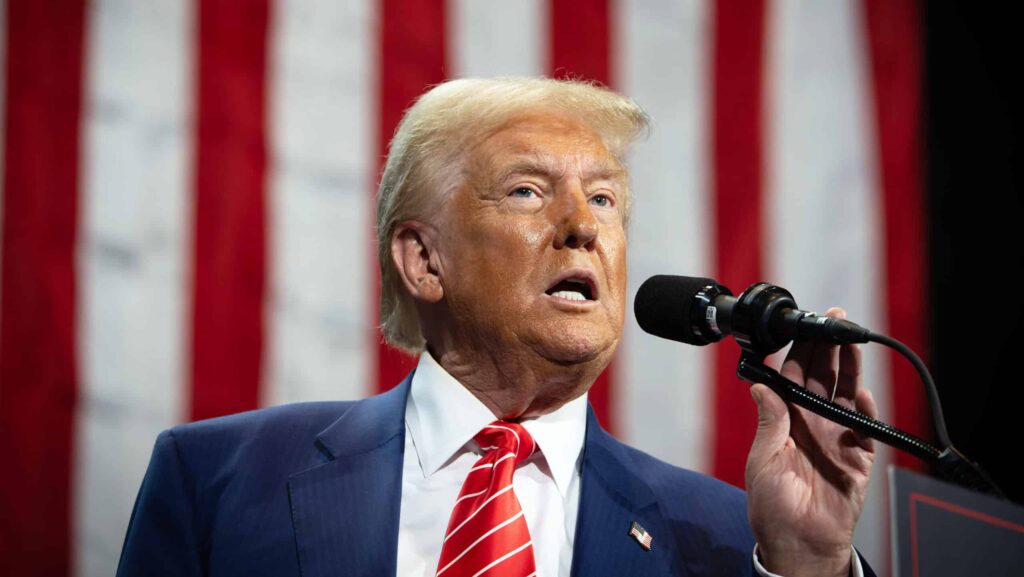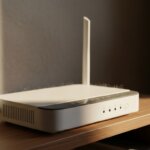Summary:
-
President-elect Donald Trump avoids jail time with an “unconditional discharge” following his conviction on 34 felony counts.
-
Timing of sentencing before second presidential inauguration; legal team’s failed attempts to delay proceedings.
-
Trump pursues appeal after conviction for falsifying records related to hush money payment to Stormy Daniels.
President-elect Donald Trump received a historic sentence on Friday, January 10, in a New York courtroom, avoiding jail time and instead being granted an “unconditional discharge” following his conviction on 34 felony counts. The sentence, handed down by Judge Juan Merchan, effectively allows Trump to avoid imprisonment or any other legal restrictions while still facing the consequences of his criminal conviction.
Trump, 47, appeared virtually from his residence in Florida for the sentencing, which took place at the Manhattan Criminal Courthouse in New York City. The timing of the hearing was significant as it was scheduled to close the case before Trump’s second presidential inauguration on January 20, 2025. Despite Trump’s legal team attempting to delay the sentencing, both the New York State Court of Appeals and the U.S. Supreme Court rejected his motions, ensuring the case would move forward.
“Unconditional Discharge” Explained
In what was seen as a groundbreaking legal outcome, Trump’s sentence of “unconditional discharge” means he will not face jail time, probation, or a fine. The sentence, typically used for cases where imprisonment or other sanctions would serve no clear purpose, is a rare legal outcome in high-profile criminal cases. Under New York law, a judge must provide justification for such a decision, and Judge Merchan explained that, given Trump’s imminent inauguration and the absence of immediate legal consequences to serving time, it was the most practical course of action.

An “unconditional discharge” essentially recognizes the conviction while allowing the defendant to avoid further punishment, giving them the opportunity to appeal the verdict without the added burden of a prison sentence. Trump’s attorney confirmed on Friday that an appeal would be pursued in the coming weeks, aiming to overturn the convictions handed down in May 2024.
The Convictions
Trump’s conviction stems from his involvement in falsifying business records to cover up a $130,000 hush money payment to adult film actress Stormy Daniels just before the 2016 presidential election. The payment was intended to silence Daniels about an alleged affair with Trump, a matter that prosecutors argued was part of a larger scheme to influence the election’s outcome.
In May 2024, after more than six weeks of trial, a jury found Trump guilty of 34 felony counts related to falsifying financial records with the intent to defraud. The Manhattan District Attorney’s Office argued that Trump, alongside members of his campaign team and allies in the media, engaged in a coordinated effort to bury evidence of illegal activity in order to manipulate the 2016 election results.
ADVERTISEMENT

These charges, which were originally misdemeanors, were elevated to felonies due to their connection to an illegal conspiracy to influence the presidential race. The trial marked a historic moment in U.S. legal history as Trump became the first sitting or former president to be convicted of a felony.
Prosecutor’s Remarks
Before Judge Merchan handed down his decision, prosecutor Joshua Steinglass emphasized that while the Manhattan District Attorney’s Office respected the office of the presidency, it could not ignore the gravity of Trump’s actions. Steinglass stated that the charges against Trump were not only about financial crimes but also about undermining the legal process and attempting to sway an election through unlawful means.
“Trump’s unsubstantiated attacks on the rule of law and his coordinated campaign to discredit the jury’s verdict are part of the very pattern of conduct that led to these charges,” Steinglass said.
Trump’s Legal Challenges
While Trump avoided jail time with Friday’s ruling, the legal battles surrounding him are far from over. In addition to the charges related to the hush money payment, Trump faces ongoing investigations into his involvement in election interference in Georgia and attempts to overturn the results of the 2020 presidential election. However, the Manhattan case remains a landmark moment, as it was the first to result in a criminal conviction for the former president.

Trump has also faced several civil lawsuits, including allegations of sexual assault and fraud. In 2024, he was found liable for committing fraud in a civil case related to his real estate empire. Additionally, he was found liable for defamation and sexual abuse in a lawsuit filed by former Elle columnist E. Jean Carroll.
Despite these legal challenges, Trump continues to maintain his innocence, often using his public platform to decry what he calls a “witch hunt” against him by political adversaries and the media.
ADVERTISEMENT
Looking Ahead
Trump’s legal journey is far from complete, and the consequences of his conviction may have lasting effects on his political future. As he prepares to take office again on January 20, 2025, questions about the impact of his criminal record on his presidency remain unresolved.
While Trump avoids immediate imprisonment, his criminal conviction continues to shape his legacy, making it clear that his time in office was marked by legal and ethical controversies that have yet to be fully addressed in court. With an appeal underway, the final resolution of his legal battles may not come for some time.
As for the “unconditional discharge,” it remains a controversial and unusual ruling in a case that has captivated the nation. While Trump avoids prison for now, his ongoing legal battles are far from over, and the implications for his political future remain uncertain.









